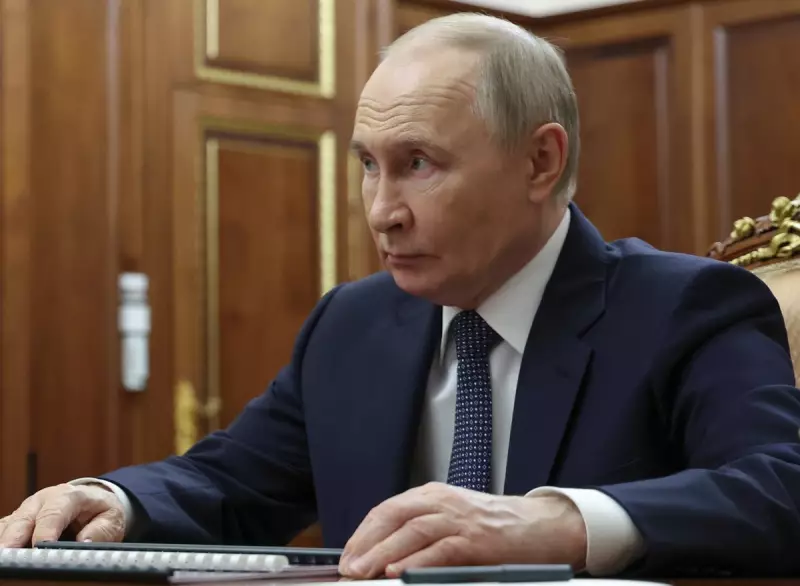
In a bold move to tighten its grip on digital communications, Russia has announced plans to block WhatsApp, pushing citizens towards a state-approved alternative. The decision, backed by President Vladimir Putin, is part of a broader crackdown on foreign tech platforms.
Why Is Russia Banning WhatsApp?
The Kremlin claims the ban is necessary for national security, citing concerns over data privacy and foreign surveillance. However, critics argue it’s another step towards silencing dissent and controlling online discourse.
The Rise of Russia’s Homegrown App
Authorities are urging users to switch to a domestically developed messaging app, which experts say will likely be subject to government monitoring. This follows a pattern of increasing digital censorship in Russia, including restrictions on social media platforms like Facebook and Twitter.
Global Reactions and Implications
The move has sparked international criticism, with human rights groups warning of further erosion of digital freedoms in Russia. Meanwhile, Russian citizens face dwindling options for private communication.
As the ban takes effect, many fear this could be the beginning of a broader isolation of Russia’s digital space from the global internet.





